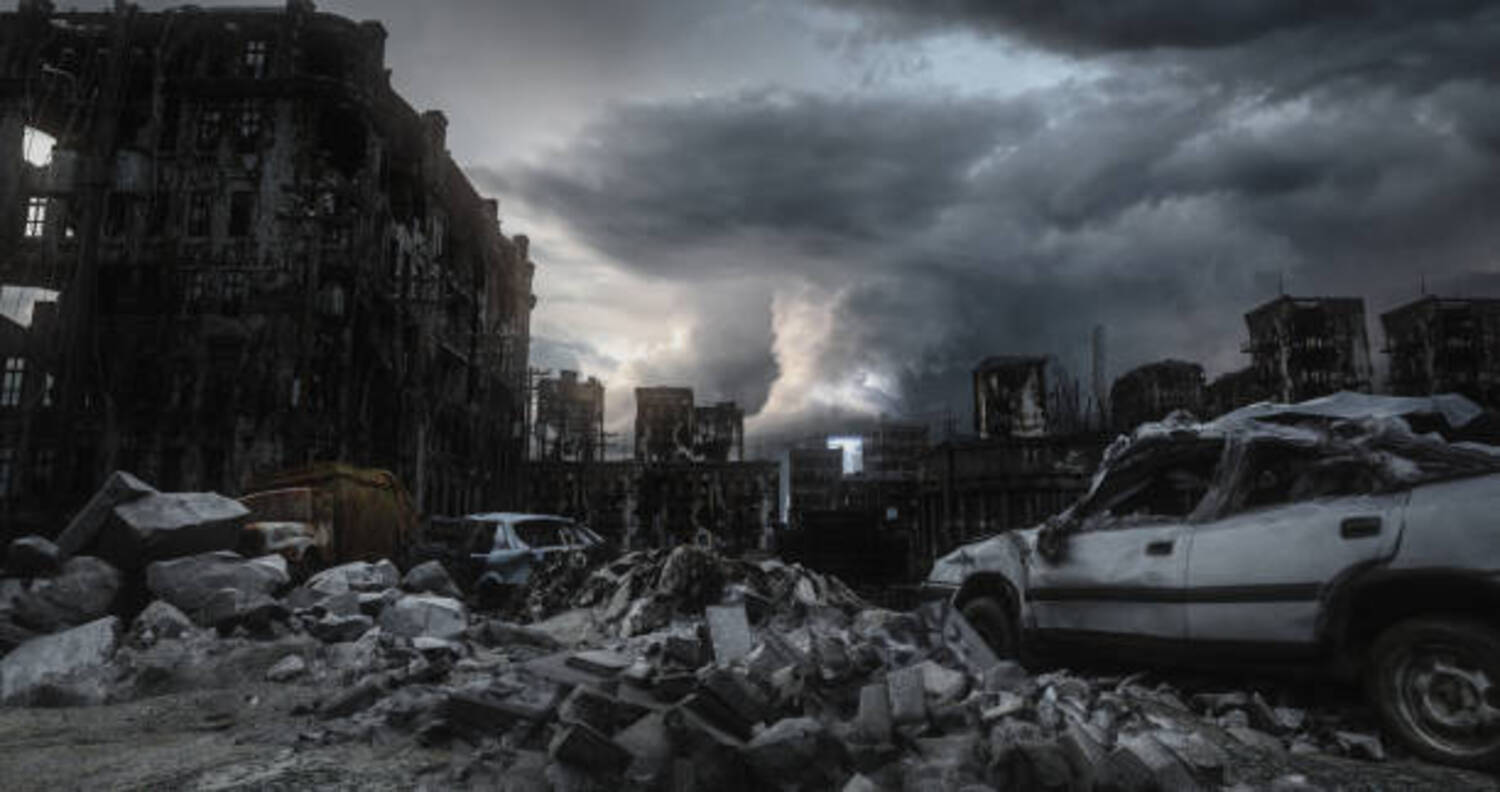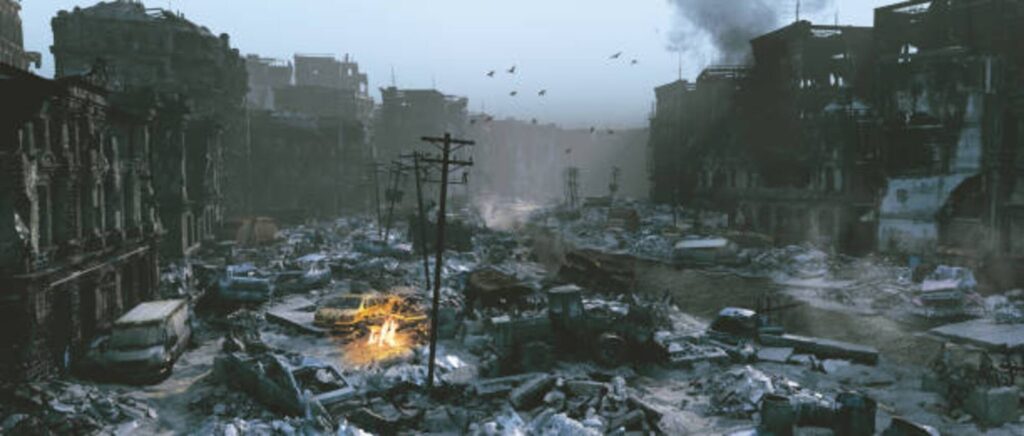
9 Important Events in World History
The world is a fantastic place full of various people and cultures. Studying the history of the world allows us to understand our past better. History, in general, is a study of past events that took place in the world. Those who study history are called historians and often work for established companies or organizations. They could be writing about politics, the economy, or culture. Many events contributed to making the world what it is today, and included on this list are ten of the most critical events in world history.
- World War I
World War I, or the Great War, was a global war centered in Europe that began on July 28, 1914. The conflict soon spread worldwide and involved the world’s great powers and most of the world’s great economic and colonial empires. The war was fought between two alliances, the Allies and the Central Powers, which were allied by military alliances with one another. Although most of the fighting ended in 1918, many Europeans continued to die from the indirect effects of the war for years afterward. The war drew in all the world’s economic great powers and caused devastation on a scale never before seen. It also set off a chain reaction of events that led to World War II in 1939.
- World War II
World War II was the deadliest conflict in human history, with more than 60 million people killed. Beginning with the invasion of Poland on September 1, 1939, and ending with Japan’s surrender on September 2, 1945, the war raged across Europe, Asia, and Africa. The conflict began after Adolf Hitler’s Nazi Germany invaded Poland and triggered Britain’s declaration of war on Germany. The Allies of World War II, which included Britain and France along with the Soviet Union at times, fought against the Axis powers of Germany, Italy, and Japan.
- The Cold War Era
The Cold War was a tension between the United States and the Soviet Union that lasted from World War II until 1991. The conflict began as an ideological battle between capitalism and communism but soon became an economic battle. Both sides had nuclear weapons, making war possible if either attacked the other. The cold war finally ended with the fall of the Berlin Wall in 1989 and the collapse of Soviet communism in 1991.
- The Industrial Revolution
The Industrial Revolution was when many changes occurred in how goods were made and how people lived their lives. It began in Britain during the mid-18th century, then spread throughout Europe and North America over the next 100 years. During this time, a lot happened, including;
- Machines powered by steam or other sources replaced hand tools in factories and elsewhere.
- New materials such as steel replaced wood
- People moved from farms to cities, where they worked in factories
- Goods were transported more quickly by railroads than by horse-drawn carts
- Food could be preserved longer than before because refrigerators were on every farmhouse countertop!
- 9/11 Terrorist Attacks
September 11, 2001, terrorist attacks on the World Trade Center in New York City and the Pentagon in Washington, DC, remain a tragic milestone in world history. The attacks killed nearly 3,000 people, injured thousands more, and triggered a series of wars and conflicts.
The attack was carried out by al-Qaeda members who hijacked four commercial airlines. Two planes were flown into the twin towers of the World Trade Center in New York City, a third plane hit the Pentagon building in Washington D.C., and a fourth crashed in Pennsylvania after passengers tried to retake control of their aircraft from hijackers. In response to these attacks, U.S.-led forces launched military campaigns against Afghanistan (2001) and Iraq (2003). These campaigns have been criticized as an overreaction that has led to more terrorism instead of less.
- The Civil Rights Movement
The civil rights movement was a struggle for equal rights for African Americans, first in the United States and then internationally. It gained momentum after World War II when returning black veterans demanded fair treatment from their government and society at large. In 1954, the U.S. Supreme Court ruled that segregated public schools were unconstitutional; this decision led to more than a decade of further court battles over the implementation of desegregation busing plans, equal access to voting, and other aspects of American life.

- The Discovery of Agriculture
The earliest known civilization is Sumer, which arose around 3000 B.C.E. in southern Iraq. Sumerians were the first people to develop writing and use it for record-keeping purposes. They also invented many forms of entertainment, including a form of checkers played with stones on a board, which also became popular in later civilizations. The Sumerians were also the first to domesticate animals, including sheep and goats, and cultivate crops such as wheat and barley. These innovations led to the development of agriculture, which was soon adopted by other civilizations worldwide.
- The Fall of the Berlin Wall
In 1989, East Germany erected a wall in its capital city to separate it from West Germany and keep its citizens from escaping to freedom. On November 9th, 1989, East German citizens gathered at Checkpoint Charlie in Berlin and began tearing down the wall with their bare hands. By November 10th, most of it had been destroyed, and thousands of East Germans were crossing into West Berlin for the first time since 1961. The fall of the Berlin Wall marked the end of a European era that saw two world wars fought within living memory and led directly to German reunification in 1990-1991.
- The Internet Age
It’s hard to remember life before the internet. But it wasn’t always this way. In the 1980s, the internet was beginning to take form. Networking had become more sophisticated, and more people were using computers. In 1991, Tim Berners-Lee created a way for all of these different computers to communicate with each other by creating hypertext markup language (HTML), which became the basis for creating web pages. The World Wide Web (WWW) was born in 1993 when Berners-Lee implemented his invention on a NeXT computer at CERN, the European Organization for Nuclear Research, in Geneva, Switzerland.
Conclusion
Put this all together, and you’re looking at an incredible number of events–and we’ve only scratched the surface here. As you can see, world history is a vast field, with tons of information to be discovered. If you’re interested in learning more about specific eras, cultures, and people in history, you could dedicate your whole life to working just on that.